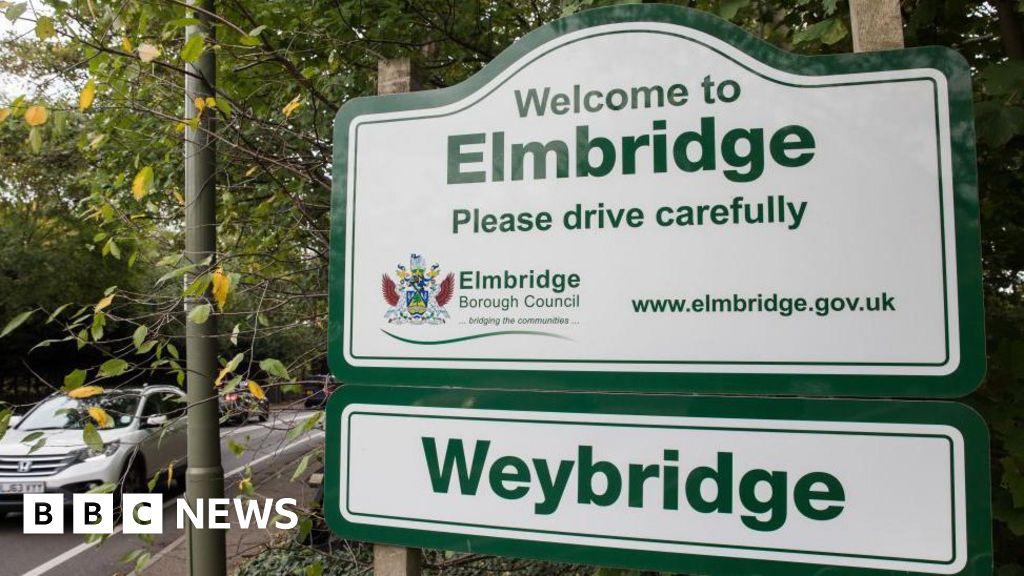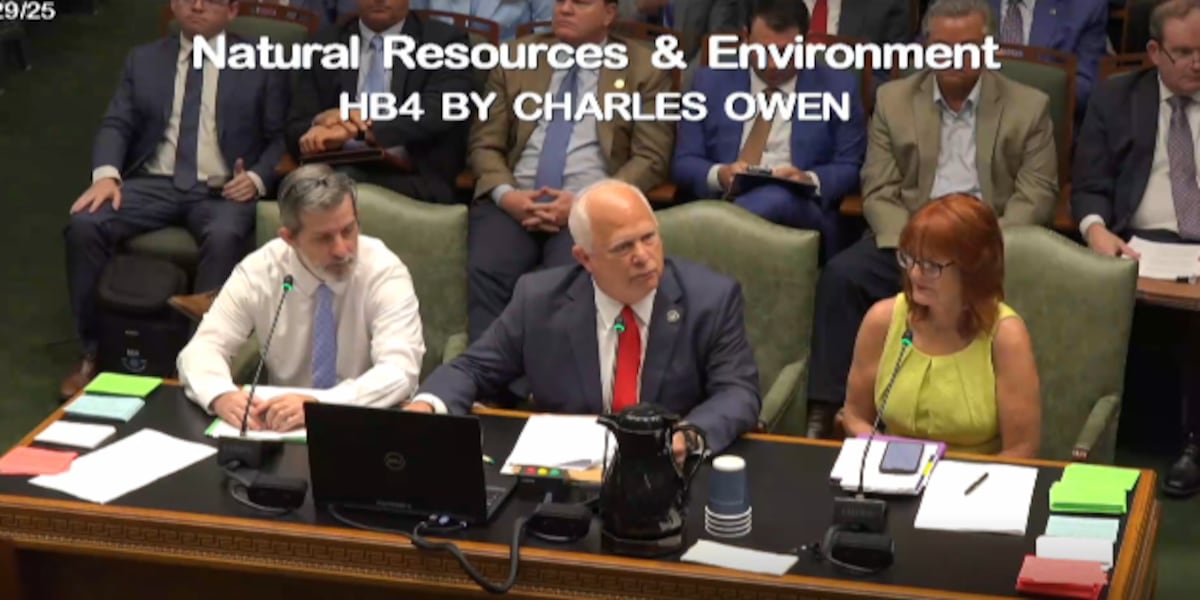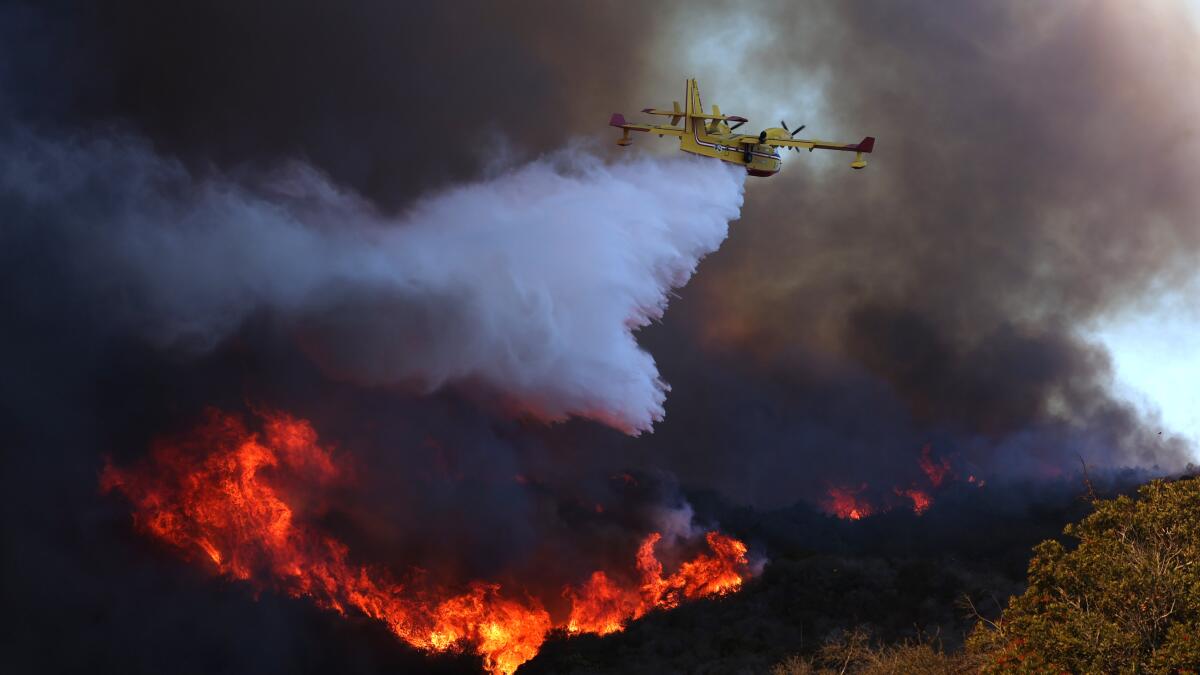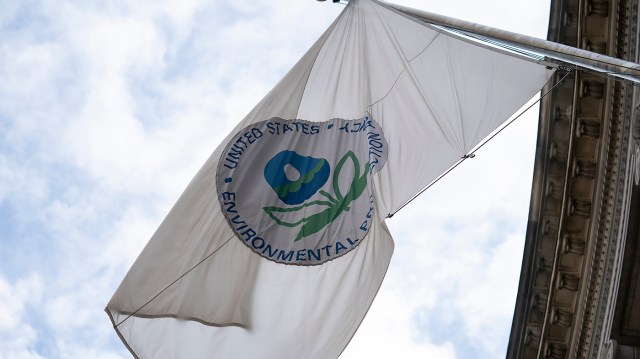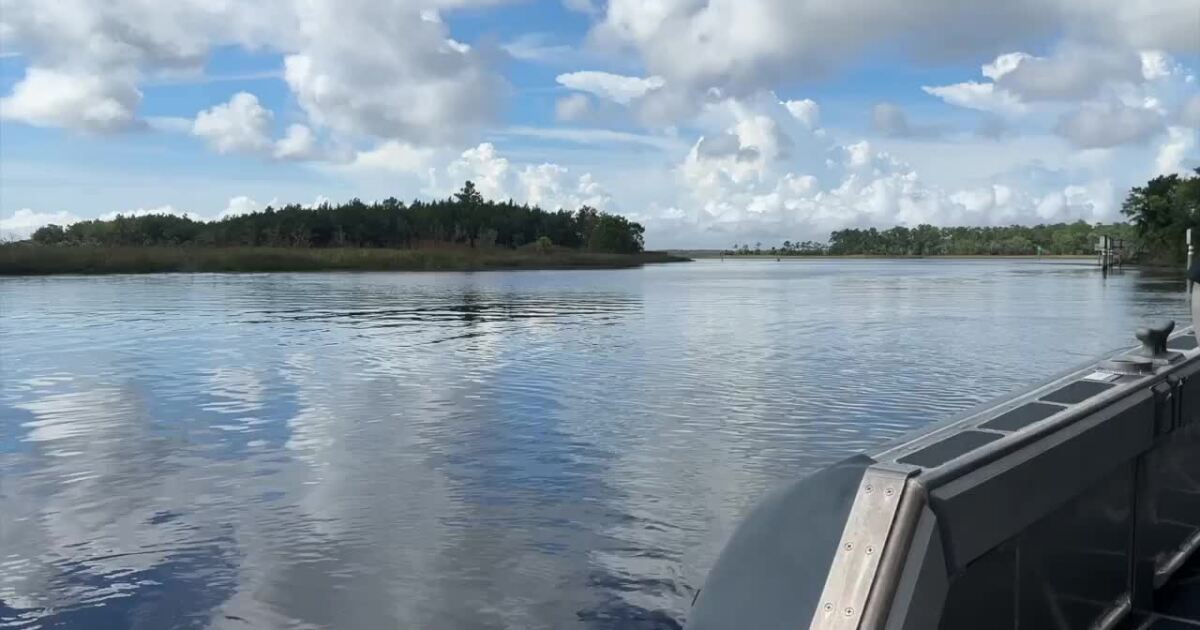
Driving Success: Mercedes-Benz Navigates Turbulent Market with Impressive Q1 Performance
Mercedes-Benz Delivers Robust Performance in Challenging First Quarter
Stuttgart, Germany - Mercedes-Benz Group AG demonstrated resilience in the first quarter of 2025, navigating a dynamic and competitive automotive landscape with impressive financial results. Despite market fluctuations, the company maintained strong financial footing, reporting a consolidated revenue of €33.2 billion.
Compared to the same period last year, which saw revenues of €35.9 billion, the company's performance remained solid, driven primarily by robust sales in passenger cars and commercial van segments. Group earnings before interest and taxes (EBIT) reached a commendable €2.3 billion, underscoring the organization's operational efficiency.
A notable highlight was the industrial business's free cash flow, which surged to an impressive €2.4 billion, marking an improvement from €2.2 billion in the previous year. This growth was attributed to strategic management of working capital and seasonal market dynamics.
The results reflect Mercedes-Benz's continued commitment to innovation, operational excellence, and adaptability in an ever-evolving automotive market.


